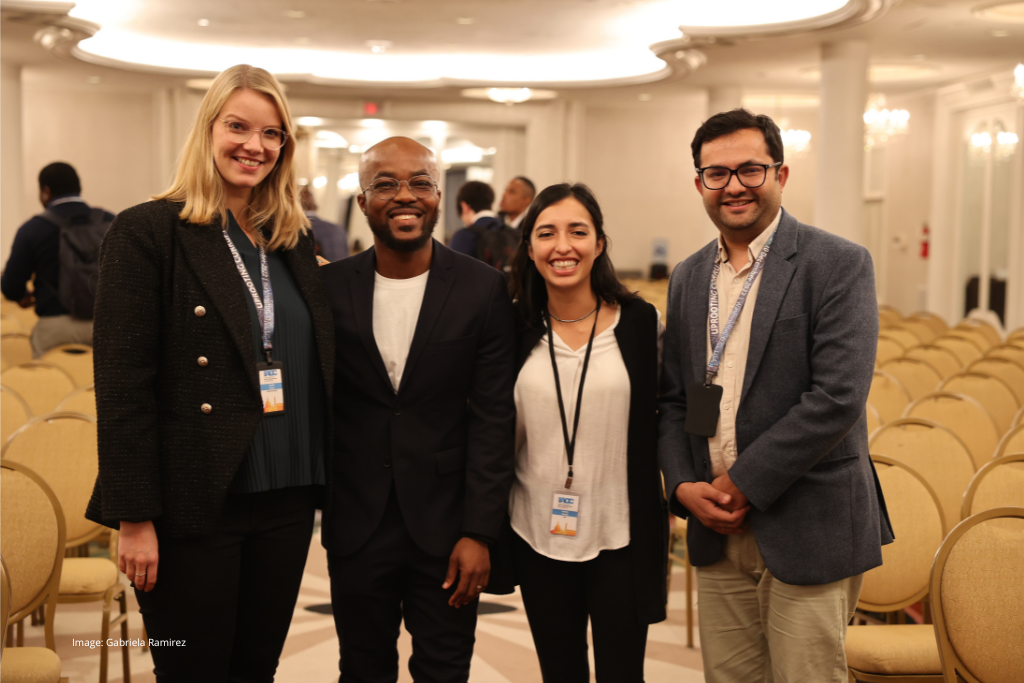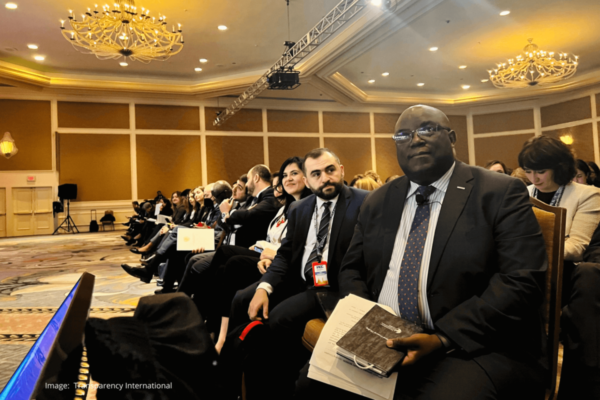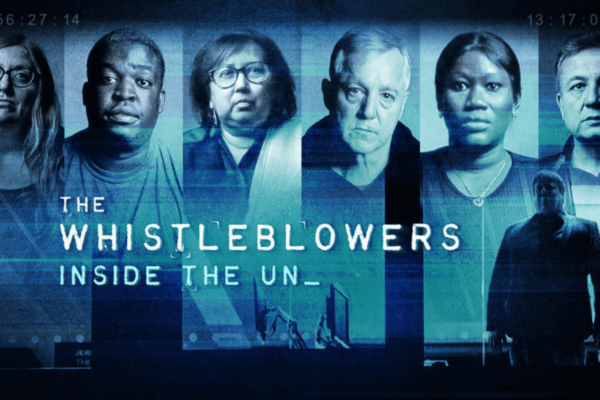“I am not all about the story now. My life is more than the profession,” says Selase Kove-Seyram, a Ghanaian journalist, to explain how his approach to reporting has changed over the years.
Asked about the psychological toll of reporting on the frontlines, the film director – who has reported on corruption in football, judicial malpractice, and piracy at sea – talked about the challenges journalists in the country face.
Ghana ranked its worst-ever position in the World Press Freedom Index last year: coming 60th out of 180 countries, and dropping 30 places in comparison with 2021. In 2019 a journalist was killed after working on an investigative documentary directed by Kove-Seyram.
But Ghana isn’t the only place where reporters face serious obstacles when reporting. Myanmar, Cameroon, Nepal, Guatemala, and Venezuela are countries where doing journalism has become increasingly difficult, and in some cases, almost impossible.
In many places journalists are putting their lives on the line to expose corruption, impunity and abuse of power. In other places, they face serious limitations that impact their daily lives. So when reporting on complex topics, or in difficult places, the question is: at what cost?
“I didn’t have wifi at home, my mobile internet was cut every night, I had regular electricity cuts, my credit card was not working at ATMs, and medicine or food access was difficult to get. It became difficult to have a normal daily life,” says Anrike Visser, a Dutch investigative journalist, talking about her experience in Myanmar.
As reporters continue to do their job in challenging contexts, they suffer physical violence, threats, and isolation. The social and political context in countries in conflict makes reporting dangerous, but the media industry and the precarious work conditions journalists face make it even harder.
For example, Visser remembers times when working for international media outlets she would be asked to cover a protest while there were reports of snipers targeting people on the streets outside. When she refused, an outlet asked her to shoot an interview from her balcony without considering the safety implications of doing so and how filming from her home would reveal exactly where she lived.
The situation is especially critical when it comes to local journalists, often called “fixers,” or freelancers, who lack the backup of media organisations in times of crisis.
One thing is clear: Local journalists face greater challenges than foreign journalists in these contexts. As Visser explains, it is easier for international journalists to reach out to their embassies and leave the country when in danger.
However, that is not the case for locals. When their homes are on fire, where do they go? When a news organisation doesn’t consider them as staff, what resources can they count on? When they need to flee, a complicated visa system can cause problems. These key questions do not have clear answers. Despite their risks, local reporters often don’t receive credit for their work and, many times, are unfairly paid.
“We need to change the culture of what it means to be a freelancer,” highlights Visser who founded Global Ground Media, an investigative outlet. For her, changing the conversation means demanding protection for all journalists and ensuring reporters are paid fairly.
In this context, collaboration is key to prioritising the safety and well-being of investigative reporters. That’s why during the COVID-19 pandemic, journalist Rajneesh Bhandari founded the Nepal Investigative Multimedia Journalism Network, where local journalists receive different kinds of support from grants to counseling and connection to a network of over 100 journalists who support each other throughout journalistic investigative processes.
“We have come to a time when prioritising safety and the well-being of reporters is essential for investigative journalists,” says Bhandari, who also considers that collaborative investigations are key to minimise the harm of one person doing watchdog reporting.
In that sense, cross-border collaborative networks, such as the Global Investigative Journalism Network, Hostwriter, and others, are great resources for journalists to work together and uncover cases of corruption.
The costs frontline journalists are paying to expose injustice and abuse go beyond their own lives. They undermine the press’s role as an independent watchdog and highlight how governments are failing to protect press freedom.


